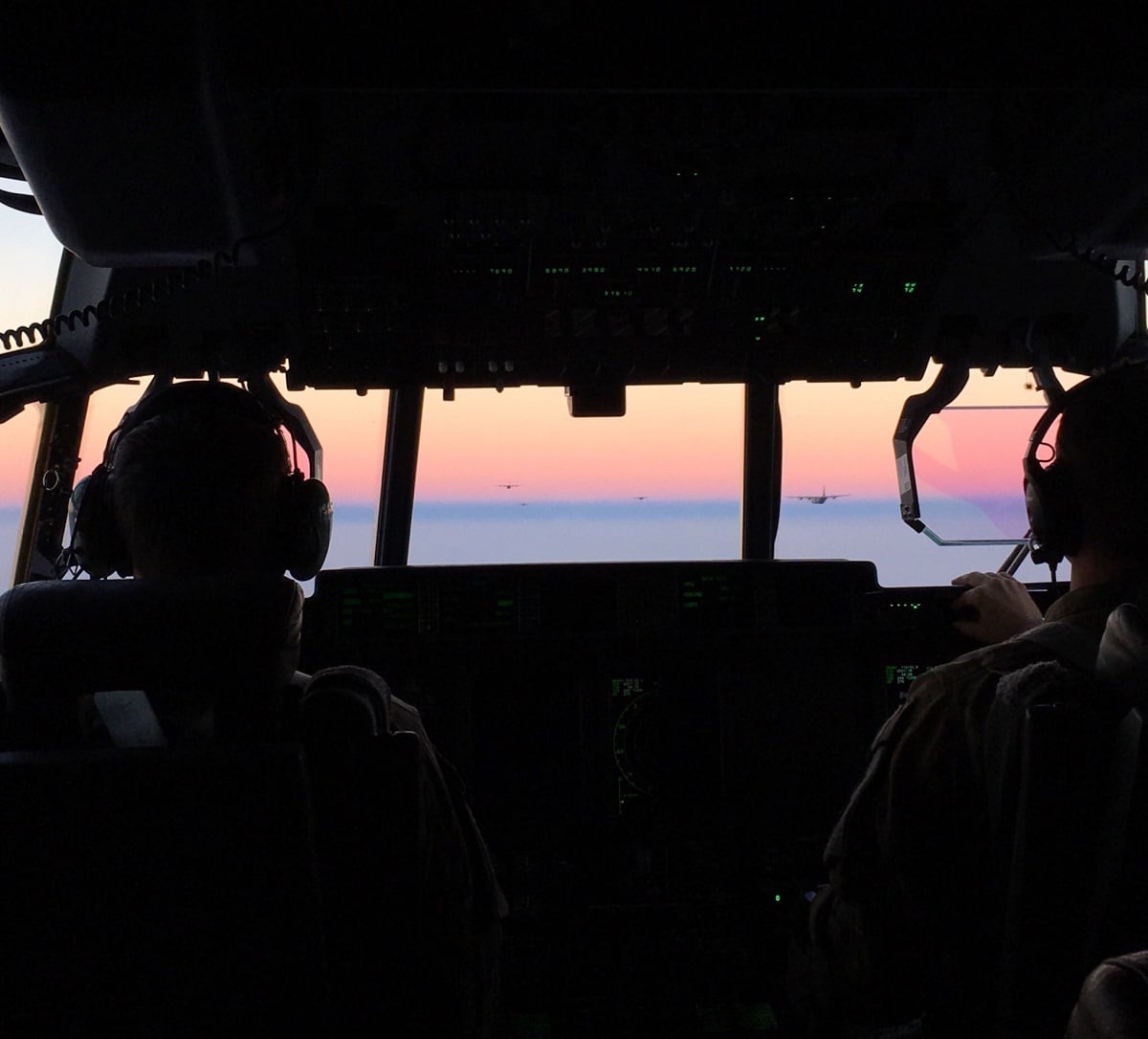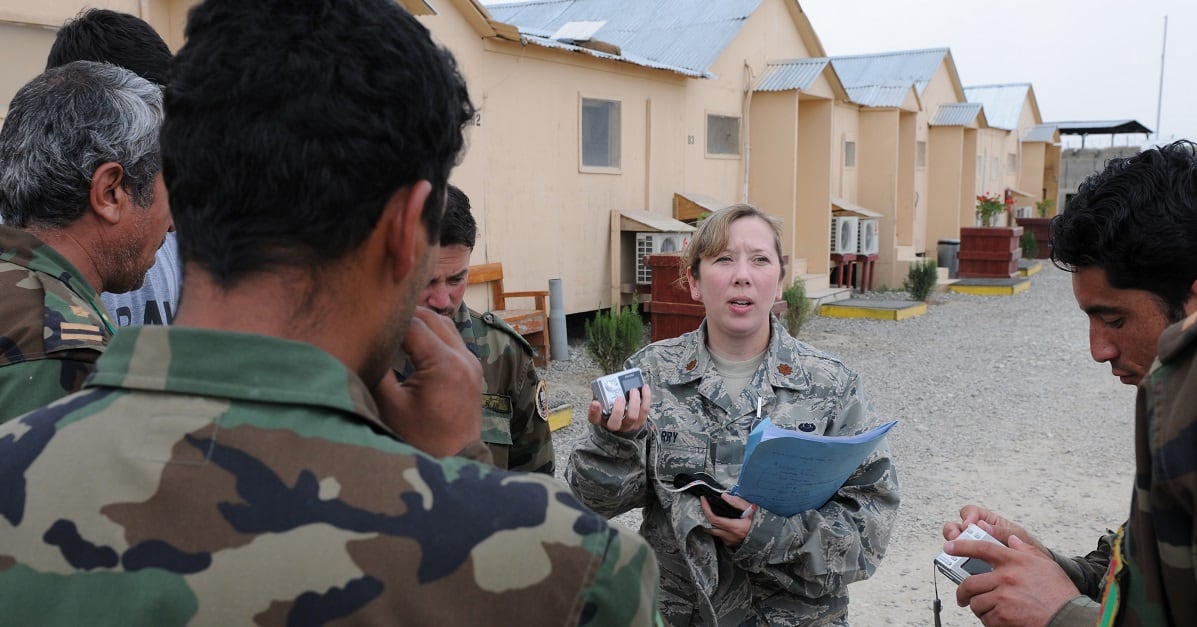I have been in the Air Force for 32 years and the thing I have come to believe most is that if you take care of your airmen, they will take care of the mission. In addition, I believe in a culture of feedback. I come to work every day fully expecting to garner feedback and to understand whether there is something that I or the organization can do better.
As chairman of the Air Mobility Command Aviation Retention Task Force, I have spent more than a year getting feedback from airmen and then, under the leadership of the commander of Air Mobility Command, Gen. Carlton Everhart II, implementing initiatives that emphasize flying as a career while looking for ways to reduce the deployment responsibility and burden airmen and families face. These initiatives include the recently released Aviator Technical Track Experiment — paving the way for a select group of Air Mobility airmen to concentrate on flying duties — while also successfully slashing the number of AMC 365-day deployments by 55 percent from 47 to 26.
As part of a culture of feedback, commanders and airmen told AMC leadership that we needed to do something about the Afghanistan-Pakistan Hands program. Under this program, airmen spend two years — out of a four-year commitment — in Afghanistan establishing relationships with key leaders and helping to build governance structures. The task force looked closer at this program and discovered significant hardships placed on families supporting a loved one in AFPAK Hands, coupled with a lack of incentives that would appeal to volunteers. As a result, few — and often no — volunteers were coming forward. AMC airmen were turning down aviation retention bonuses and leaving the Air Force rather than signing up for an active duty service commitment and risking a non-volunteer assignment to an AFPAK Hands position. We had a responsibility to support the program, but in the face of record low retention rates, we simply could not afford to lose more airmen because of it. It was a retention nightmare. While the program is critically important, airmen were forced to choose between family and mission.
RELATED

General Everhart personally led an initiative to incentivize the program, which Secretary of the Air Force Heather Wilson and Air Force Chief of Staff Gen. David Goldfein supported and subsequently implemented. The benefits of the program have been upgraded to include flying positions, a master's degree opportunity, and follow-on leadership opportunities. Though airmen will continue to be deployed two of the four years, the program provides four years of family stability at a single stateside location. It also includes a foreign language proficiency bonus, Intermediate Developmental or Senior Developmental Education in-residence credit, and full joint service duty credit. The success is measurable. With a more robust incentives package, the program now only accepts volunteers and airmen are no longer leaving the Air Force for fear of being non-volunteered to the AFPAK Hands program.
The Air Force focus remains on taking care of airmen and their families. In turn, airmen are better able to take care of the mission. The AMC focus on retention will not stop and is an example of how continuous feedback from airmen who are willing to speak up can result in better quality of life and quality of service for all airmen.
Major General Mahaney is chief of staff of Air Mobility Command and chairman of AMC’s Aviation Retention Task Force. He has held numerous commands at the center, wing and group level. He is a former Harvard national security fellow and Georgetown legislative fellow. His views are his own and do not necessarily reflect those of the U.S. Air Force, the Department of Defense or Air Force Times and its staff.





